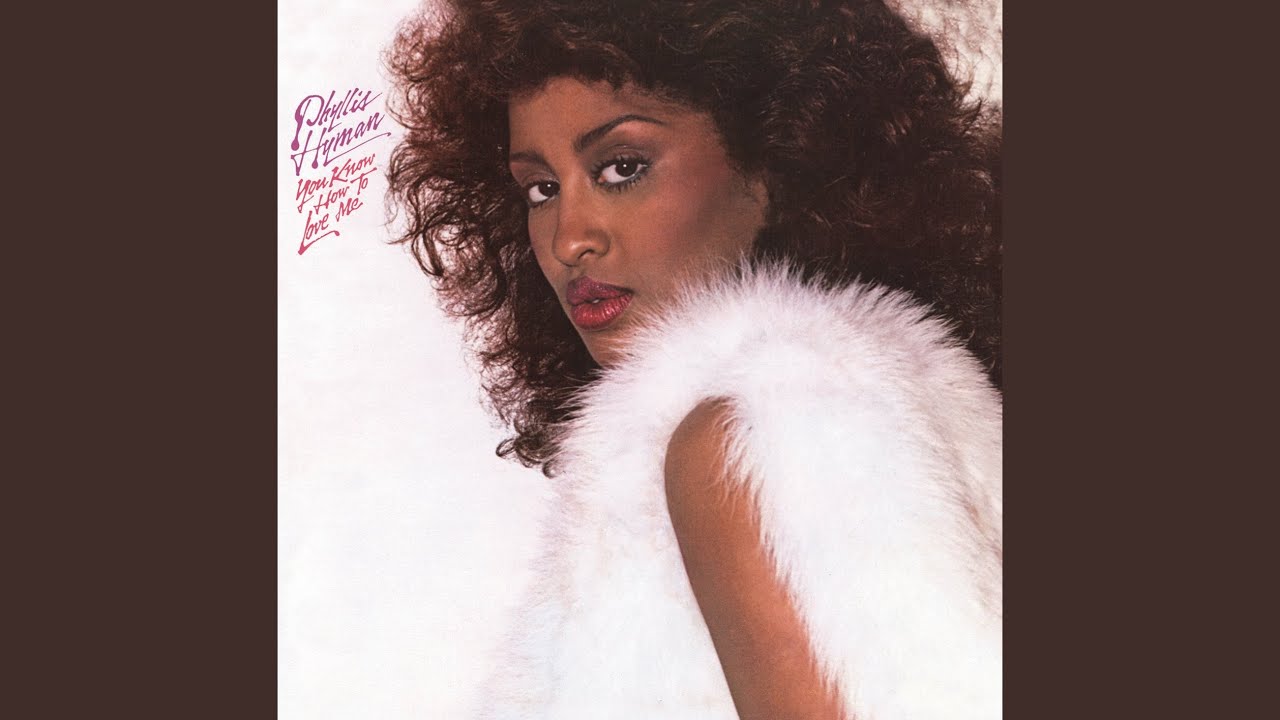(ThyBlackMan.com) There was a time, not too long ago, when Americans thought that everything bigger was better. Got a nice big home? Sweet. But a 5,000-square-foot McMansion showed that you were really living large. Rolling around in a sporty SUV? Cool. But having a huge (and expensive) Hummer really showed that you’d arrived.
Now it seems, mercifully, that the era of all things “big” is slowly but surely coming to an end. As far as houses go, people are finally figuring out that they don’t need palatial estates to be happy after all. (Unless of course, you’re Tiger Woods, Tyler Perry or Microsoft co-founder Paul Allen — all of whom have recently bought ridiculously large, multi-million dollar properties). But thanks to the Great Recession, the average American buying a home is now scaling back.
The National Association of Home Builders reports that the size of a new, single-family home sold in 2009 decreased by nearly 100 square feet to 2,438 square feet – a decline that reversed a 30-year trend toward bigger houses. The real estate website Trulia recently put it bluntly: “The  McMansion Era is Over.” Everywhere you look on the housing front, this trend is occurring. Even owners of vacation properties and mega mansions are downsizing — and sharing a few lessons learned in the process.
McMansion Era is Over.” Everywhere you look on the housing front, this trend is occurring. Even owners of vacation properties and mega mansions are downsizing — and sharing a few lessons learned in the process.
With cars too, gigantic vehicles are completely out of favor. After Hummer sales fell 67% in 2009, and GM sold just 265 of the gas-guzzling units in January of this year, the automaker decided to put the Hummer out to pasture. Overall on the automotive scene, although bigger isn’t totally out, it is changing dramatically. As this Fortune story, titled “The Big SUV’s Death Rattle“, points out: Americans are shifting away from big SUVs to more practical and useful crossover vehicles.
As a Money Coach, I’m happy to see Americans start to downsize a bit. And no, it’s not because I have a modest home and drive a “baby SUV,” a 2002 Toyota Highlander. Nor am I hating on people or envying what they have. On the contrary, as Americans of all economic and social backgrounds scale back, I’m wishing them well. I’m praying they’ll reap the benefits of these changes. Chief among them: having less debt and reduced economic stress. After all, smaller homes and more modest cars are generally less expensive than larger, upscale ones, when you take into account mortgages or car notes, insurance, taxes, maintenance, upkeep and so on.
A New Consumer Mindset: Opening Your Eyes to the Matrix
Oh, and did I mention one other huge benefit from ditching the “bigger is better” mentality? It’s enormously liberating to not be beholden (dare I say enslaved?) to excessive material possessions. It’s like you’ve opted out of that whole “keeping up with the Jones'” rat race that traps so many others. Perhaps that’s why the 100 Thing Challenge — which urges you to get rid of excess stuff and clutter in your life — has touched a nerve with so many people.
Sometimes, when I look at people with financial problems that are of their own doing (i.e. from reckless overspending or blatant fiscal mismanagement), I feel like Keanu Reeves in The Matrix. I’m thinking: doesn’t anyone see the real deal going on here, and view the world as it really is? And here’s the real deal: Whether or not people want to admit it, a lot of the emphasis on buying bigger stuff often boiled down to showboating. Acquiring “things” — larger things, expensive things, and just plain old more things — was really all about trying to live the Bling Bling lifestyle.
Madison Avenue skillfully convinced most middle-class people to try to emulate a bit of what they’d seen on TV. Back in the day, it was ‘Lifestyles of the Rich and Famous.’ More recently, it’s been reality TV shows that glamorize celebrity lifestyles, making you want — or think you want — what those celebs have.
Unfortunately, most of that stuff — fancy cars, designer clothes and shoes, expensive jewelry, and yes, bigger homes and cars — mainly just get people into debt. It also makes them constantly crave stuff they can’t truly afford, don’t need and in many cases don’t even want — other than to impress others. Now that the Great Recession has been going for three years strong, Americans are re-thinking the wisdom and practically of clinging to the “mine is bigger than yours” mindset.
But let’s not lament the or fret over previous excesses. Instead, as 2010 nears a close, let’s all raise a glass and celebrate: The death of the Bling Bling lifestyle means you don’t have to be bling-blinging — and broke.
Do you agree or disagree with me that we should be glad that “blinging” is coming to a slow demise?
Written By Lynnette Khalfani-Cox

















Leave a Reply